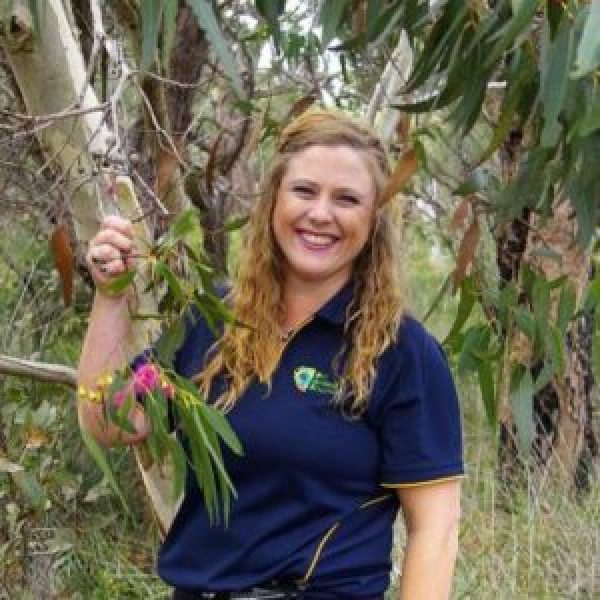A study into the Karri Forest structure, modification of understorey fuels and the effect of bushfire behaviour during Denmark Fire event February 2022.
This presentation is a Masters Study project at ECU undertaken in 2022 post the Denmark bushfire event that occurred over the 4th to the 6th February 2022.
The Masters study aimed to answer the following questions:
- Of the 2000ha of forest and farmland how much of karri forest was burnt?
- Was the karri forest understorey modified adjacent to dwellings or structures?
- If the karri forest was modified did this contribute to protecting the house or structures adjacent?
- Can the karri trees remain in an Asset Protection Zone as the tree form is so high, has low flammability (i.e. smooth bark) and the majority of fuels are located in the understorey.
- Do the adjacent trees (i.e. marri, jarrah or taller midstory species), contribute to the bushfire flame height and therefore the bushfire intensity?
This presentation outline’s the findings from the above posed questions and the methodology used to determine the radiant heat impact of the fire utilising accepted methods currently being used in bushfire science in WA (AS3959 radiant heat methodology and DFES fuel sampling methodology).
